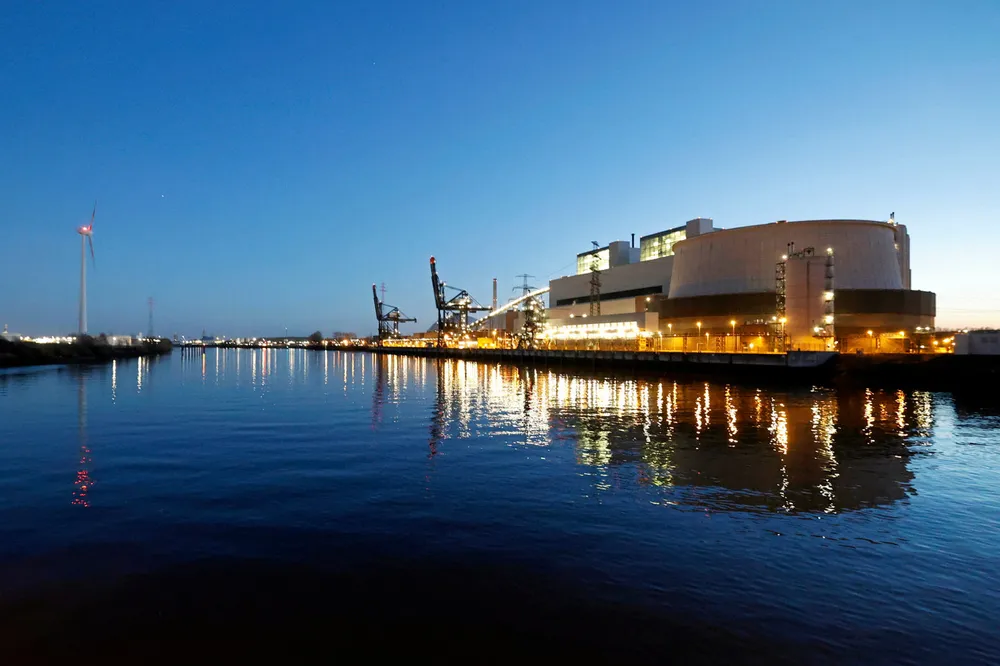Hamburg buys modern coal-fired power plant for conversion into green hydrogen production hub
City-owned utility purchases site from Vattenfall after study showed renewable H2 production was the most cost-effective option

City-owned utility purchases site from Vattenfall after study showed renewable H2 production was the most cost-effective option
